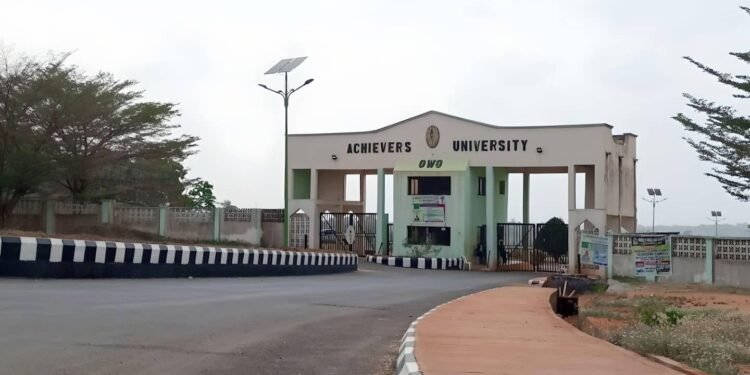PROTOCOLS
1.0 Introduction:
Education serves as a cornerstone for individual and societal development, fostering economic growth, reducing inequalities, and empowering individuals to achieve their full potential. Despite its recognized importance, access to quality education remains a privilege rather than a universal right for millions worldwide, particularly for vulnerable populations. Vulnerability, in this context, refers to individuals and communities who face systemic barriers to education due to poverty, displacement, gender inequality, disability, or social exclusion. Addressing these disparities requires innovative and sustainable approaches that model quality education to meet the unique needs of these groups.
The United Nations Sustainable Development Goal 4 (SDG 4) emphasizes the need to “ensure inclusive and equitable quality education and promote lifelong learning opportunities for all.” However, achieving this goal has been challenging in the context of deep-rooted vulnerability. For instance, children in low-income countries are seven times more likely to be out of school compared to their peers in high-income nations (UNESCO, 2022). In Sub-Saharan Africa, more than 98 million children remain out of school, and in Nigeria alone, the number of out-of-school children is estimated at over 20 million (UNICEF, 2022).
Subscribe To Unlimited Premium Digest.
This is premium content. Subscribe or Login to read the entire article.
Subscribe
Gain access to all our Premium contents.More than 1,000+ Articles, News, & Scholarships.






































































 EduTimes Africa, a product of Education Times Africa, is a magazine publication that aims to lend its support to close the yawning gap in Africa's educational development.
EduTimes Africa, a product of Education Times Africa, is a magazine publication that aims to lend its support to close the yawning gap in Africa's educational development.

